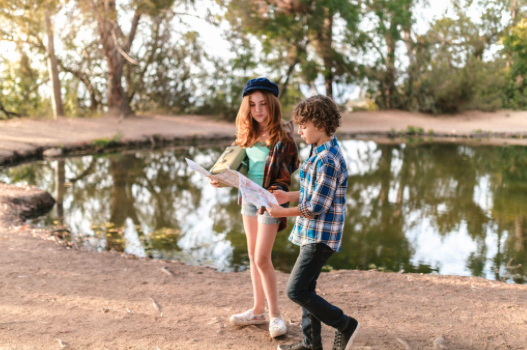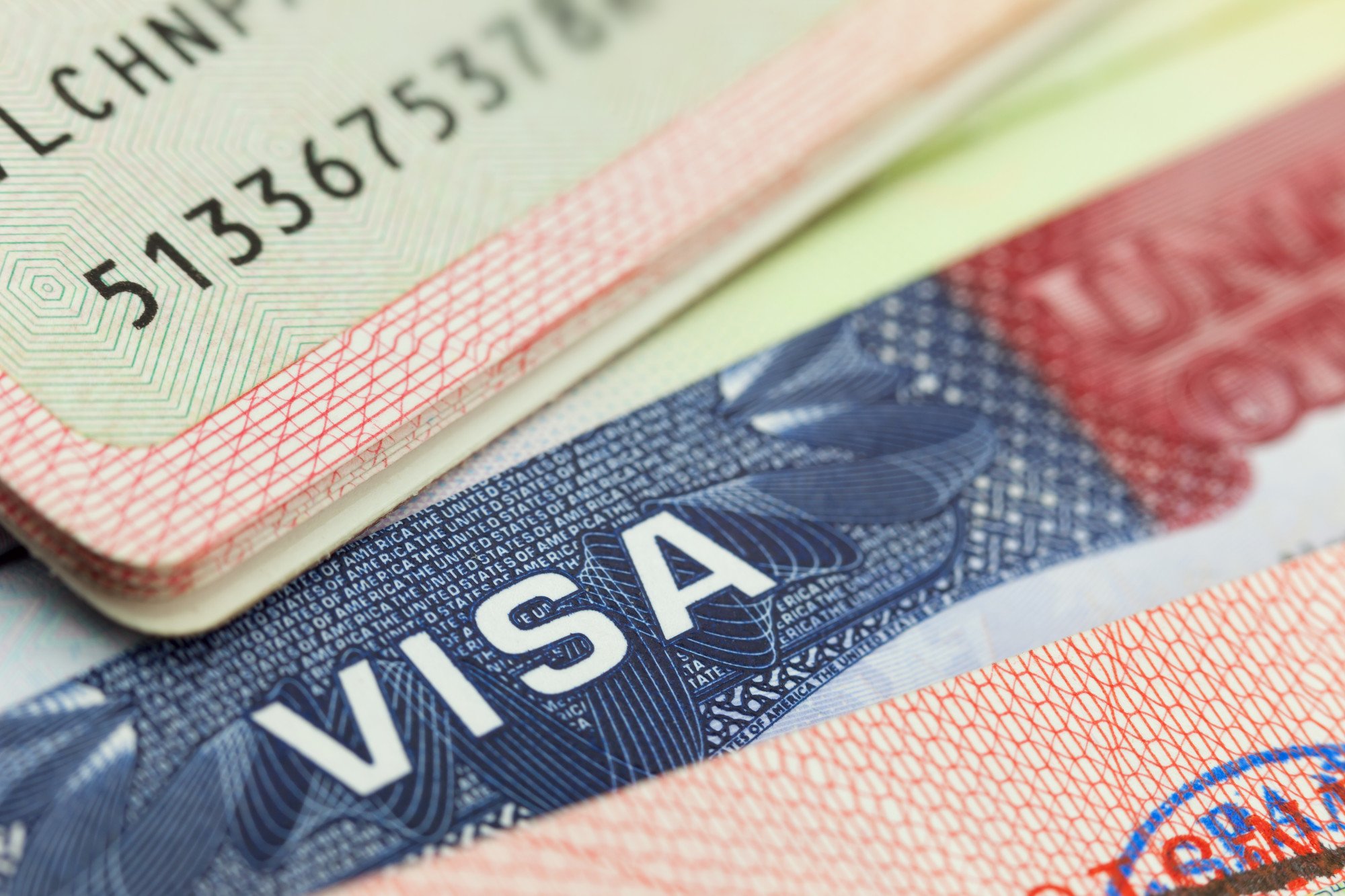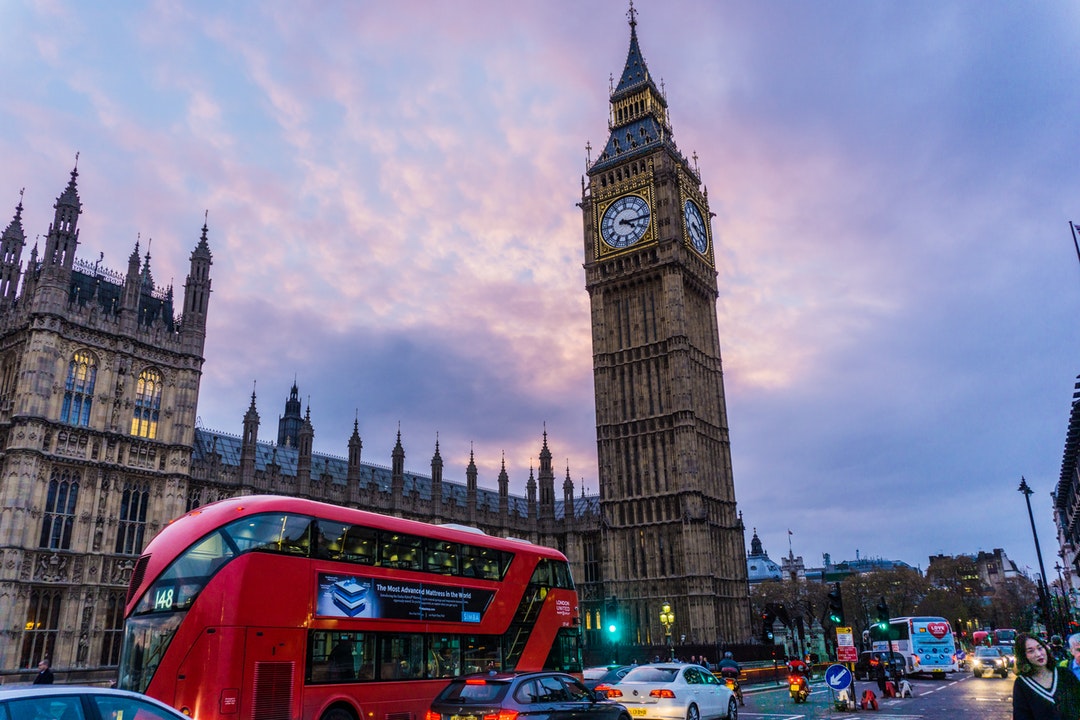
Do you know why schools organize trips for their students? Some people may think it’s just to have fun out of the school environment, but actually, trips can help improve your child’s performance in school. The place of travel or destination plays a big part in determining whether there will be a significant academic improvement. A child visiting the Atlas Mountains will have more educational benefits than when visiting Disneyland. So, below are some ways you can help improve your kids education in travel.
Visiting educational destinations
There is a proverb that says, “Seeing is believing.” Learners taking a maths class or a geography lesson learn about different concepts only theoretically. An example is volcanic mountains. You can take a family trip to visit a volcanic mountain, and your kids can easily understand the effects of the mountain on the locals, tourism, and economic activities, among others, by seeing for themselves. Compared to visualization, visiting the sites physically will help improve knowledge retention, which will further be reflected in academic performance.
Life skills like teamwork, patience, resilience, and creativity are essential as they determine how we relate and collaborate. Learners also need life skills to interact and collaborate with others in the classroom. For example, during teamwork, kids can work together to set up their camping tents. In the process, they can maintain relationships and learn how to solve arguments with others. When they return to class, they can use these skills to relate with their peers and create a positive learning environment.
Experiencing different cultures
The best thing about learning while traveling is that kids can interact with people and cultures from different regions. Children can understand how other people live, eat, shop, talk, and generally go on with their basic life. Thus, kids embrace diversity and respect others regardless of their culture. They also get to appreciate and embrace their own culture. In the process, kids will keep some words from different languages. By embracing diversity, kids can learn from everyone around them, which may impact their academic performance.
Building a vast network of contacts
The more you travel, the more you meet new people and create connections that may help you later in life. Students traveling either abroad or in their native country are sure to meet all kinds of people. In the process, they make friends who can be their study buddies or connect them to the best websites for math learning and tutors or offer an internship opportunity. They can also meet fully-fledged experts in different areas of knowledge who can help them improve their academic performance. By interacting with various individuals, youngsters are able to grow into confident individuals who are thirsty for knowledge.
Family ties play a critical role in ensuring that kids have a robust support system to go through their school and life. Family trips have proven fruitful in enhancing family ties among parents and kids. Strong family ties give kids a sense of security; hence, they can openly express their feelings and overcome any difficulties in life or school work. Parents can provide their kids with the best support and learning materials.
Improving time management skills
Most organized trips have planned schedules on activities to be done at a specific time. For a trip to work out, students must ensure they keep time starting from preparation to arriving at their destination. Before taking off, they need to make sure they arrive at the meeting point on time with everything they need. Kids are able to learn how to set priorities and determine what can wait. Traveling students have shown that they are more disciplined, motivated, and better at meeting their deadlines. These qualities are essential in ensuring the smooth flow of their school life and academic performance specifically.
While visiting a new place for a stay, you need to remember various things like the path routes, bus numbers, van number plates, and directions back to the camping sites. These activities train your brain to memorize things fast and always be on the lookout. Thus, traveling stimulates the brain to work faster, pay attention, and remain focused. While learning about new cultures, foreign foods, and new languages as well as acquiring geographical knowledge, learners are able to broaden their outlook and build new logical chains. Thus, the learning pace of many slow-paced learners can be increased.
Increasing self-esteem and independence
Did you know that kids in countries like Australia are so over-serviced by their parents that they find it hard to do anything on their own? The danger is that when these kids are left alone, they will not be able to move on with their life or complete any task since they have been too dependent on their parents. To break this cycle, parents can organize trips for their kids to learn to do things on their own. This approach will help push kids out of their comfort zones and allow them to be independent by developing a new mindset that they can apply in their studies.
Traveling helps kids improve their communication skills and be more confident in classrooms. Youngsters can create friendly relationships with their educators and are not afraid of making mistakes or asking questions. Travelling also helps the mind relax and clear off any stress that leads to zoning out in classrooms.





